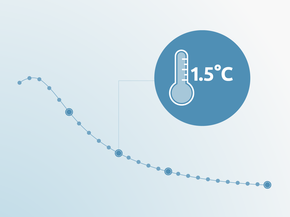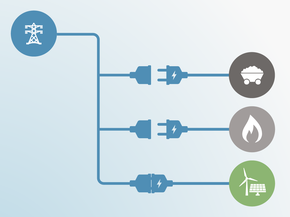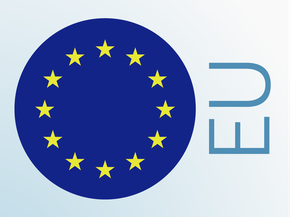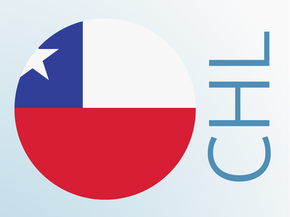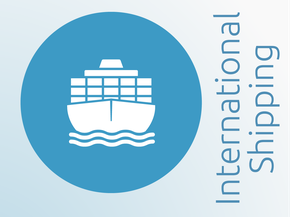Country summary
Overview
This assessment includes our policy analysis for Russia from 22 September 2020 translated into our new rating methodology. We have not undertaken any new analysis of Russia’s climate polices, but have updated the target section to reflect Russia’s updated NDC submitted in November 2020. We will analyse Russia fully in the coming months, at which time its ratings may change.
The CAT rates Russia’s climate targets, policies and finance as “Critically Insufficient”. The “Critically Insufficient” rating indicates that Russia’s climate policies and commitments reflect minimal to no action and are not at all consistent with the Paris Agreement.
Russia failed to increase its ambition when it submitted its NDC update in November 2020. We rate the updated NDC target as “Highly insufficient” when compared to modelled domestic pathways and “Critically insufficient” when compared with its fair share emissions allocation. It is also not providing adequate climate finance, which we rate as “Critically insufficient”. The weak target will be easily met under existing policies and action, which we rate as “Highly insufficient”.
Russia needs to set a more ambitious target for emissions reductions, adopt and implement additional policies, and provide finance to support others to improve its CAT ratings.
Russia’s efforts to tackle climate change are lacking. Under current policies, Russia’s economy-wide emissions are expected to either flatline or continue rising to 2030, when they should be rapidly declining.
Continued expansion of fossil fuel consumption and production for exports are planned in the government’s most recent energy strategy, while a commitment to scale up renewable energy sources is missing completely. Recently adopted economy-wide energy efficiency targets do not go far enough, and actions in other sectors like industry and transport are minimal.
The CAT rates Russia’s current policies as “Highly Insufficient” when compared to modelled domestic pathways. The “Highly insufficient” rating indicates that Russia’s policies and actions are not at all consistent with the Paris Agreement’s 1.5°C temperature limit. If all countries were to follow Russia’s approach, warming could reach over 3°C and up to 4°C.
We rate Russia’s updated 2030 emissions target; at least a 30% reduction below 1990 levels (incl. LULUCF), as “Highly Insufficient” when compared with modelled domestic emissions pathways. The “Highly insufficient” rating indicates that Russia’s domestic target in 2030 leads to rising, rather than falling, emissions and is not at all consistent with the Paris Agreement’s 1.5°C temperature limit. If all countries were to follow Russia’s approach, warming could reach over 3°C and up to 4°C.
The CAT’s assessment of the Russia’s total fair share contribution takes into account its emissions reduction target and its climate finance.
We rate Russia’s NDC target as “Critically insufficient” when compared with its fair share emissions allocation. The “Critically insufficient” rating indicates that Russia’s fair share target in 2030 reflects minimal to no action and is not at all consistent with the Paris Agreement’s 1.5°C temperature limit. Russia’s target is not in line with any interpretation of a fair approach to meeting the Paris Agreement’s 1.5°C limit. If all countries were to follow Russia’s approach, warming would exceed 4°C.
Russia’s international public finance contributions are rated as “Critically Insufficient”. Russia has not made any substantial contribution to international climate finance since the adoption of the Paris Agreement. To improve its rating, Russia needs to urgently increase its financial contributions and stop funding fossil fuels abroad.
Russia’s climate finance is not sufficient to improve its fair share target rating, and the CAT rates Russia’s overall fair share contribution as “Critically Insufficient”.
Russia’s land use, land use change and forestry sector has been a large emissions sink since the mid-1990s, reaching a peak of 723 MtCO2e in 2010 (35% of total non-LULUCF GHG emissions). This has since declined to 535 MtCO2e in 2019, the latest year of inventory data, and is expected to continue declining to 2030 under current policies to 246 MtCO2e.
Russia does not have a net zero target.
Further analysis
Latest publications
Stay informed
Subscribe to our newsletter

